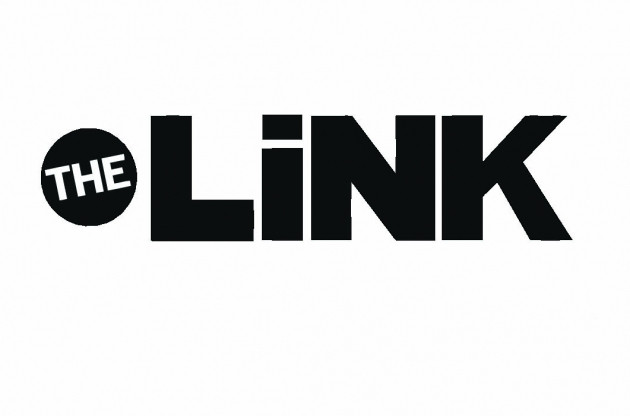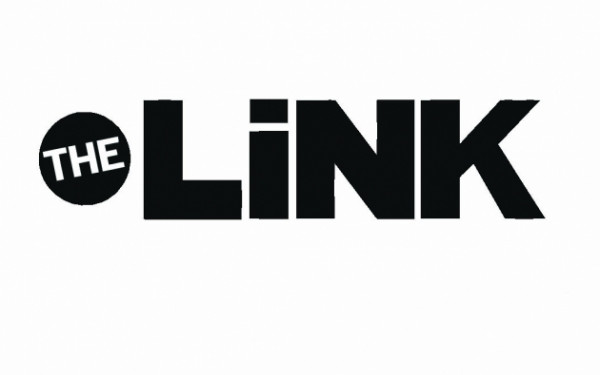The ‘Us’ and ‘Them’ Divide
I am writing in response to two articles, one tackling the tuition protest and the other, homelessness in the Occupy movement. (“Bigger Is Better?” and “Out in the Cold,” respectively, Vol. 32, Iss. 20)
While addressing unique issues, I couldn’t help but sense a similar voice in both, one which created a division between an ‘us,’ a valiant group ‘fighting for the cause’ in a true way, and the ‘other,’ seen to be damaging the cause, diluting the message.
In the case of the tuition protests, the ‘other’ were the so-called radicals, who were trying too hard to tackle “all worldly oppression” to see the ‘true cause.’
But let’s take a step back and see who might not be seeing the forest for the trees. These ‘radicals’ remind us that a tuition freeze in a situation of austerity is not much better than a tax cut, a band-aid solution to greater problems that affect our society as a whole.
Within Occupy, the ‘other’ was the homeless, a group that, admittedly, benefited from the camps. They were portrayed as a group that simply took advantage of the situation, helped out a bit and even handed out coffee. Not all of them were even violent!
This type of patronizing language completely ignores that violence, drugs and oppression come from all facets of society; that those students, yuppies, hippies, etc. within the movement are just as likely to bring them into the camp.
To claim that ‘life skills’ were developed so as to help them ‘integrate into society’ places them outside of society and codifies citizenship according to certain definitions of have/have-not.
This kind of language contributes to the continued criminalization of those who have found themselves pushed aside by our failing welfare state.
Students wonder why we are seen to be self-centered, even spoiled; to be honest, it’s no wonder.
While focusing on the cause at hand, we don’t place it in the greater context. We don’t need to keep this student/others divide, and we certainly shouldn’t be condemning certain forms of activism. We should never, ever criticize each other so openly—this kind of conversation should be happening between those who care.
These are your allies.
In speaking of these movements together, I think we can see that they are, in fact, completely connected. We must reject this patronizing way of seeing ourselves as ‘right’ and ‘better’ in the face of the radicals, the homeless, the oppressed, the uneducated; you don’t build a movement on elitism or self-righteousness.
—Kelly Pennington BA Urban Planning





__thumb_600_375_90_s_c1.JPG)

__600_375_90_s_c1.jpg)